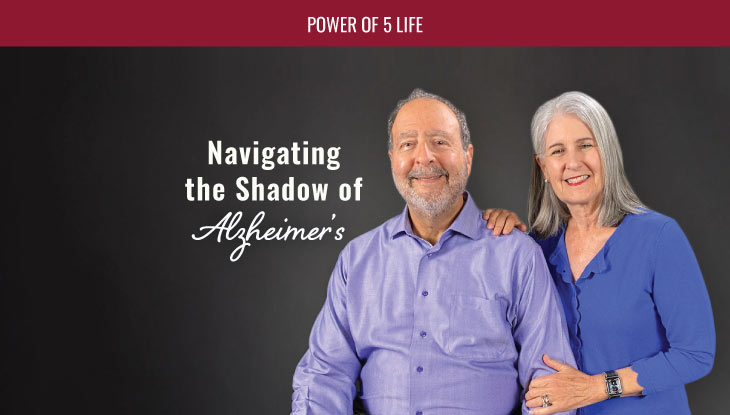Stress and March Madness
Sports fans often observe that the stress in athletic competition is a metaphor of what happens in real life. That is why the college basketball competition known as March Madness attracts so much attention. In recent years, the women’s final four competition has coincided with the men’s competition bringing most sports fans in America to focus on both of these annual events.
The 2023 games once again showed that no one can predict the outcome which adds to the excitement of the tournament. The exhilaration and lack of predictability in sporting events are desirable as long as we are not the players on the court (or gambling sizeable sums of money). We can feel energized by the uncertainty. Believe it or not, this type of stress, which is of short duration, is healthy.
Avoid the Negative Effects of Stress
The same may not be true for the athletes and coaches. After years of preparation and visualization, the expectations they place upon themselves can be overwhelming. Psychologists and neuroscientists have studied performance and stress, developing tools to assist the athletes cope and avoid the negative effects of stress and instead practice relaxation exercises and visualization or visual imagery.
“Visualization, on its own, involves picturing in your mind the outcome of something before it’s happened, whether that’s a task or opportunity at hand — such as getting on stage to speak before a large audience — or a sport about to be played. Your mind does the heavy lifting while allowing your body to relax and begins picturing an experience before acting on it in real life. This eases performance anxiety through familiarity. In a visualization meditation the brain uses the same imaginative mechanics, but it instead focuses on an image of something or someone, that is conjured as the object of focus.” – Headspace
Techniques the Pros Use
What does all of this have to do with us mortals who are not contemplating playing in March Madness? Well, we face different forms of stress every day and can learn visualization and meditation techniques like those used by athletes, public speakers, and fighter pilots to offset the stress associated with their professions.
Although it isn’t healthy to lead a boring, lackluster life and never even test our stress system, we live in a world full of stressful events and circumstances. We would do well to learn techniques to offset stress and reduce its burden on our bodies and brains.
Stress management is important to our well-being. There are three components we can incorporate into our personal stress management system:
- Mental hygiene/well-being
Avoid ruminating about events from our past or perceived challenges in the future. Some people are proud that they can multitask, but in reality, it is stressful and overly taxes our brains. We can address this aspect by learning and practicing mindfulness, meditations and affirmations. - Spiritual well-being
Develop connections to nature and the spiritual world and a higher power. - Reflection
Incorporate healthy practices into our lives such as diet, exercise, sleep, etc.
In summary, some stress is a normal part of life and is worth embracing. There are stresses we face in which we can be proactive by practicing mindfulness, meditation and visual imagery. Last, we can make ourselves personally accountable to work on and maintain our mental hygiene and ask for help when needed. We can become more spiritually aware, even if it is just a walk in nature. We can become reflective and proactively take care of our overall health as it will help us manage all the stress we face in life.
I am interested in how you deal with stress. Please email me with your experiences.
To a long and healthy life,
David Bernstein, MD



